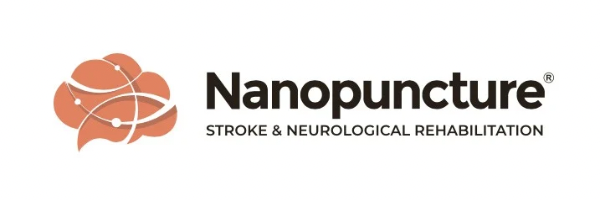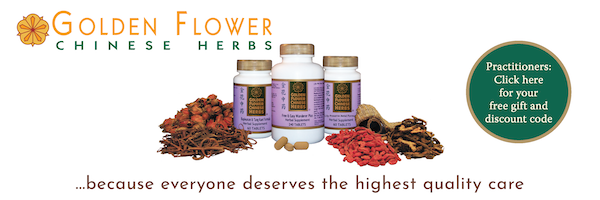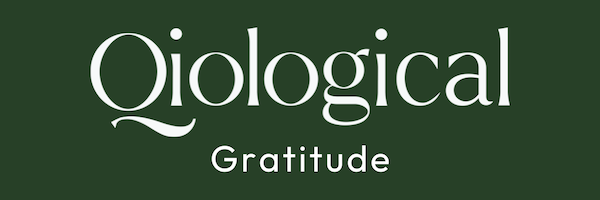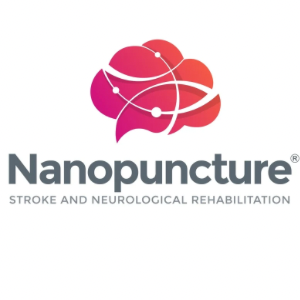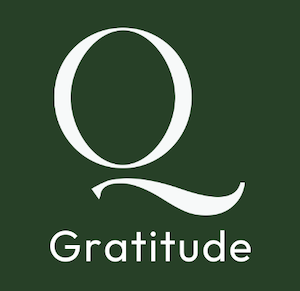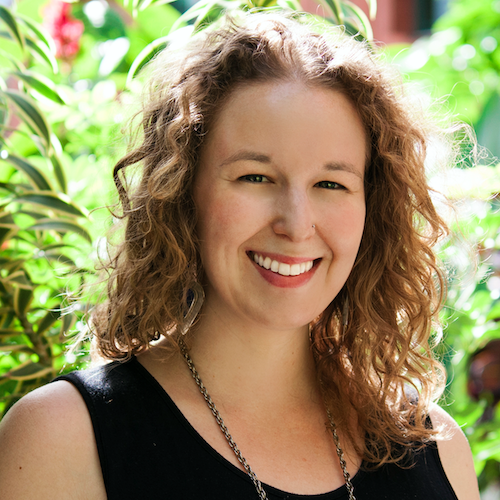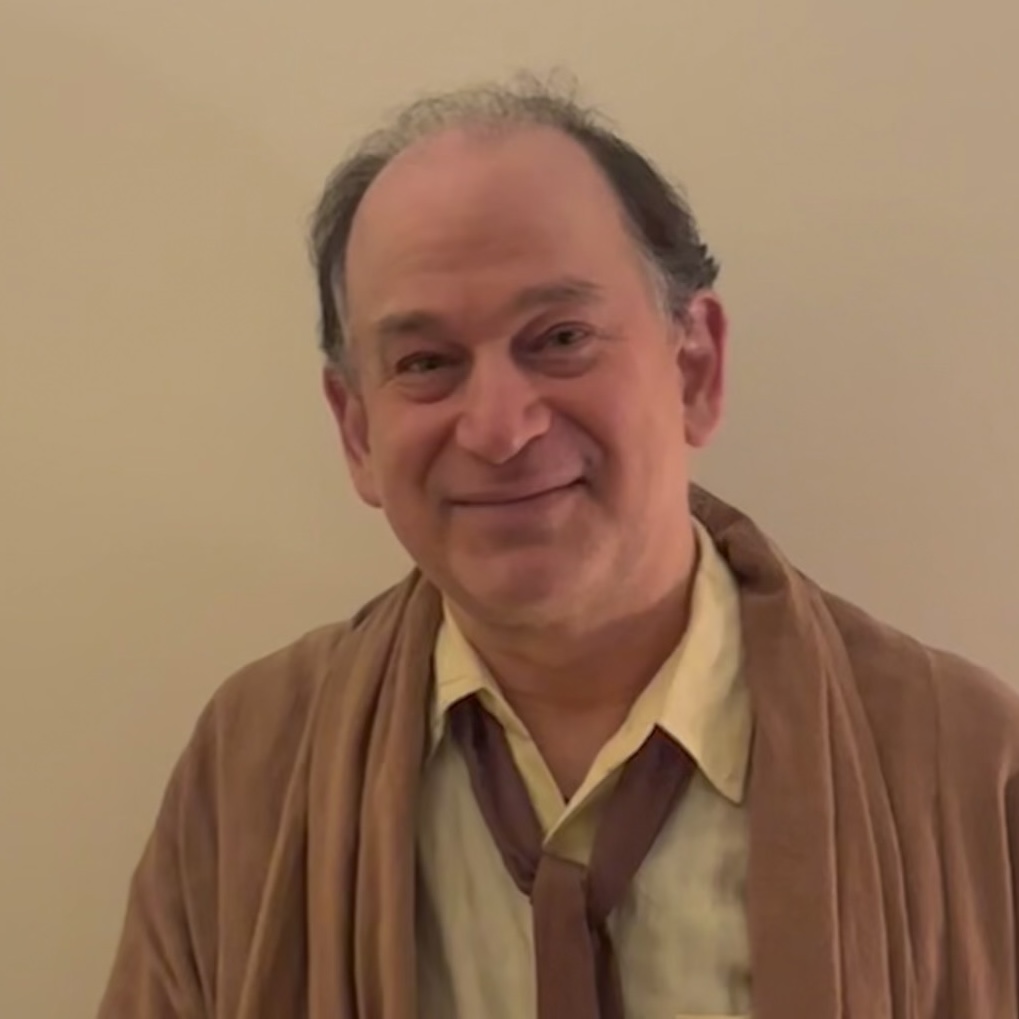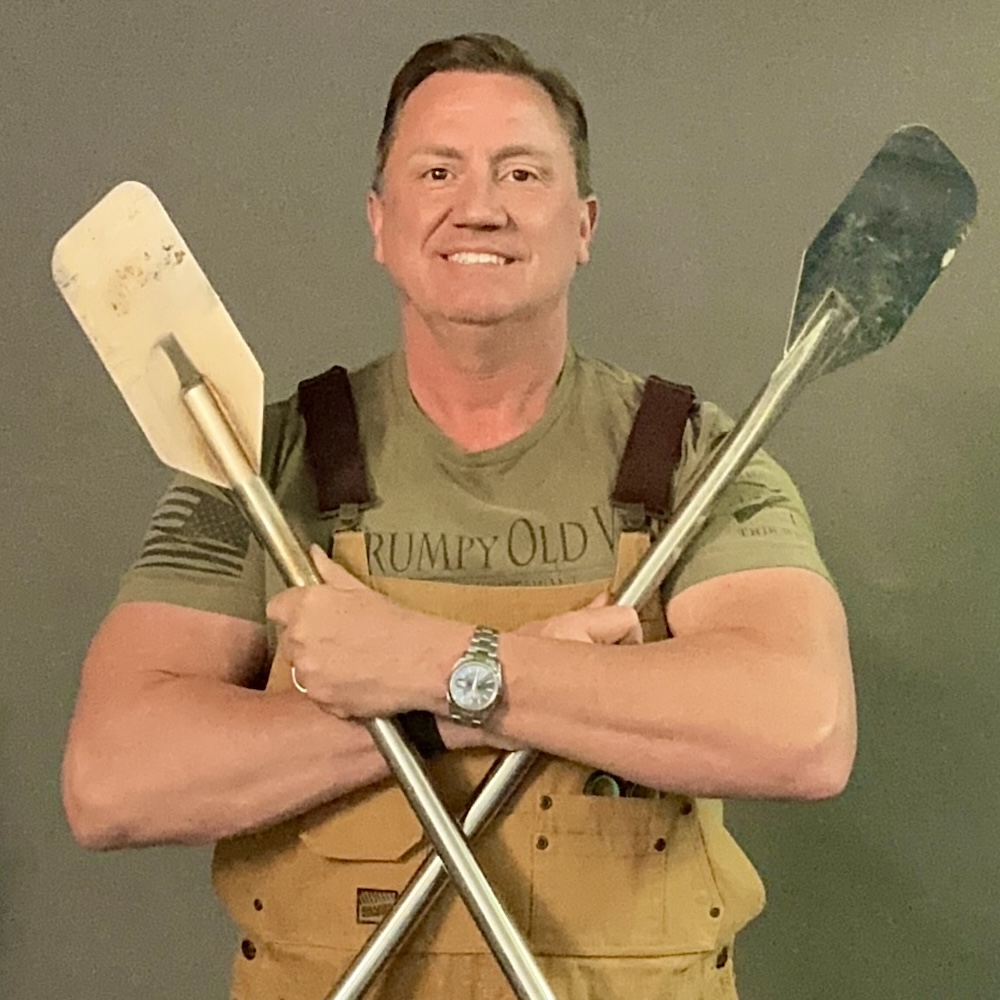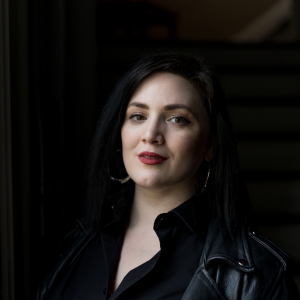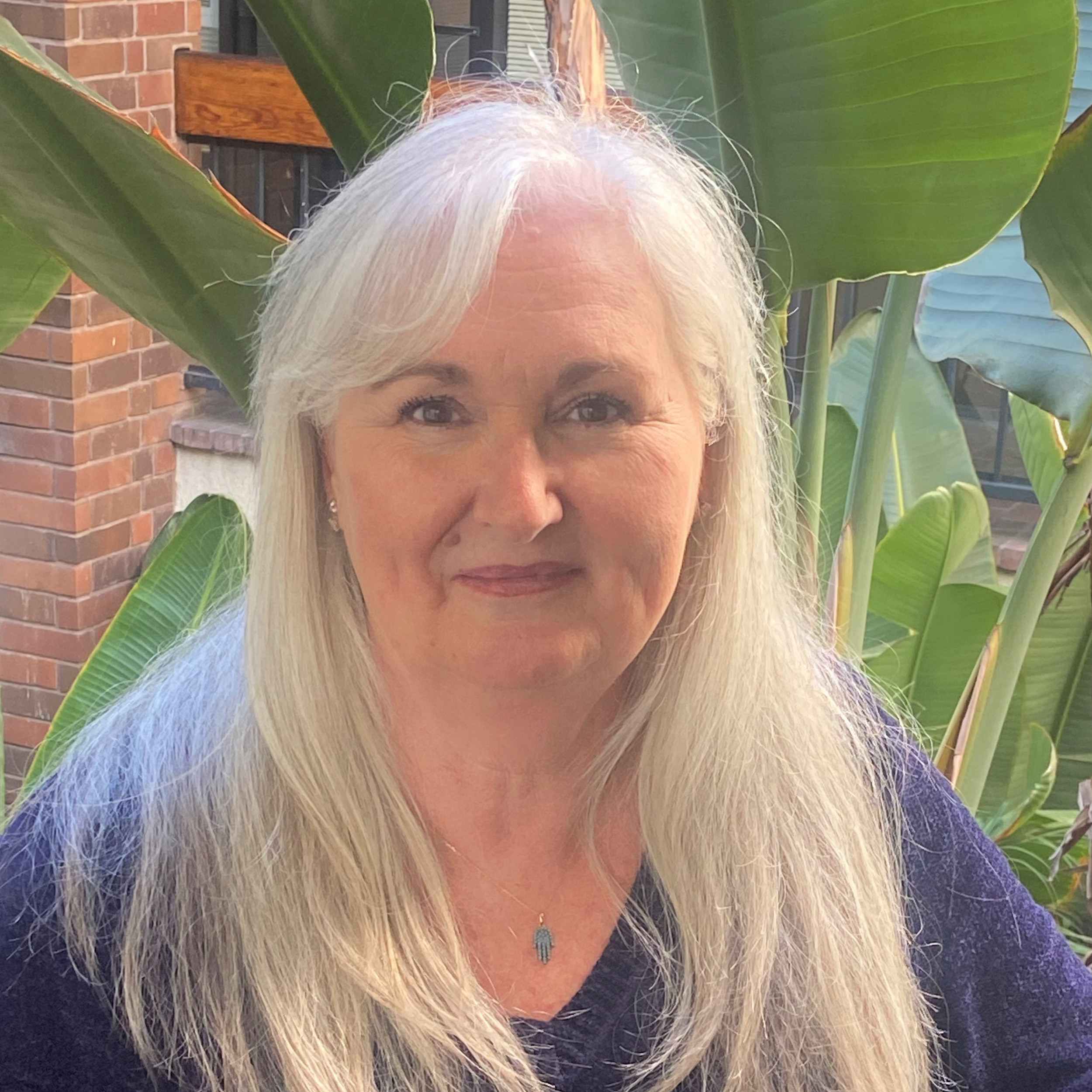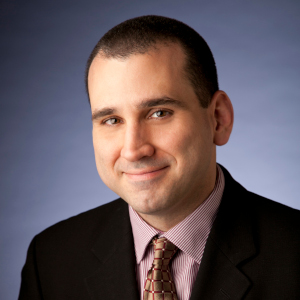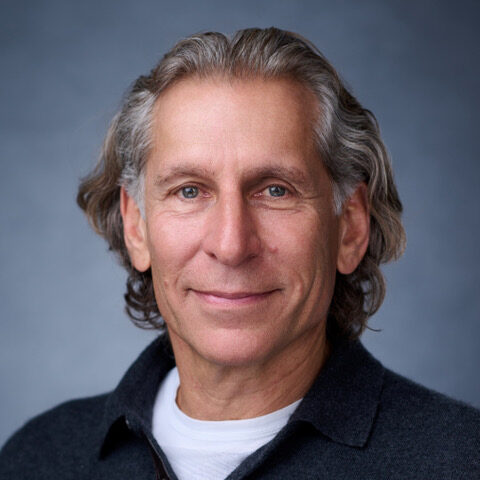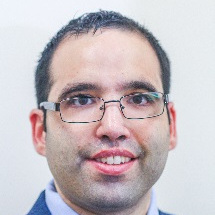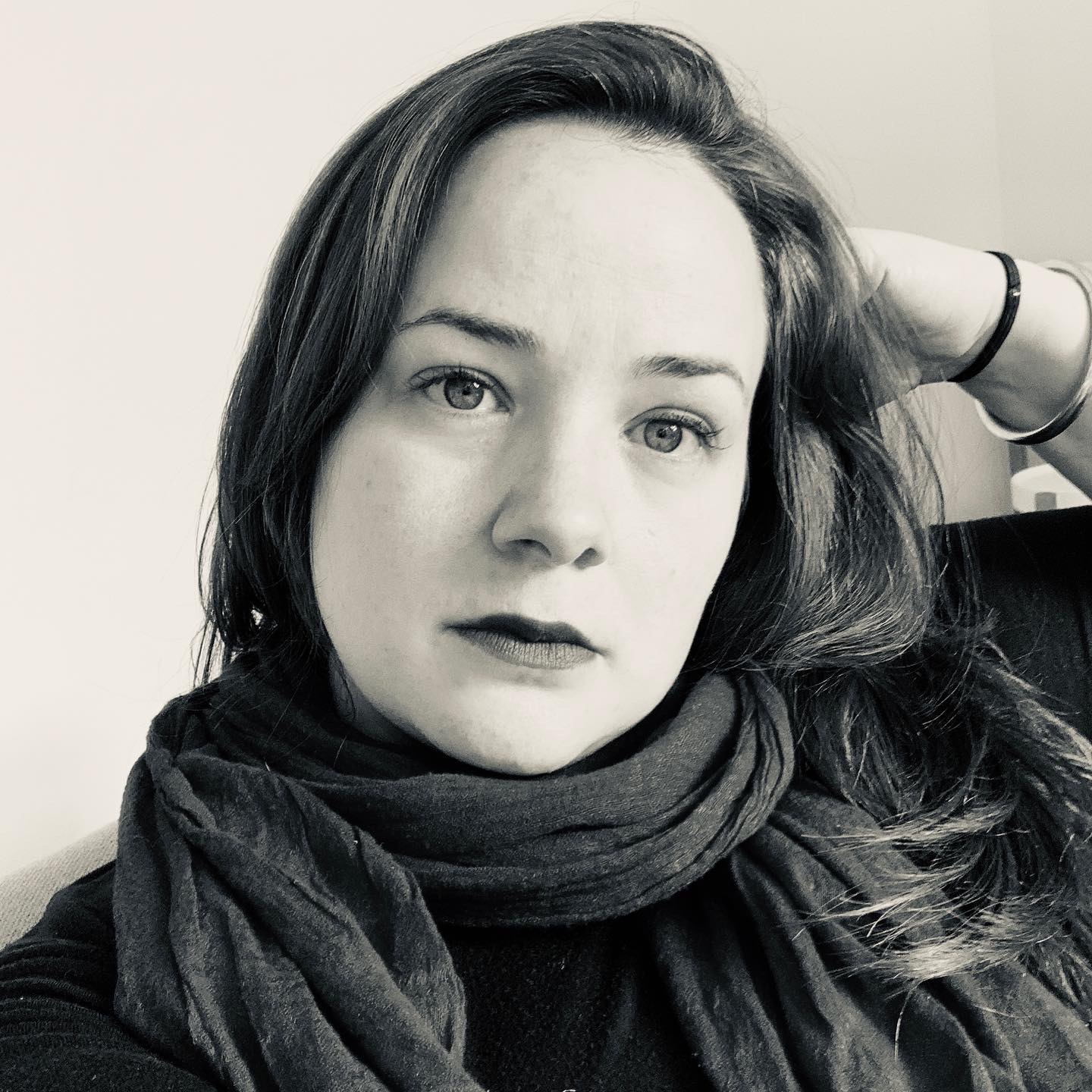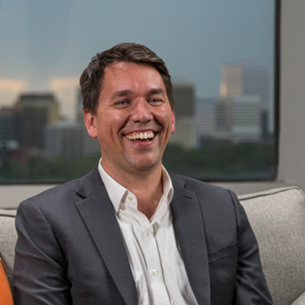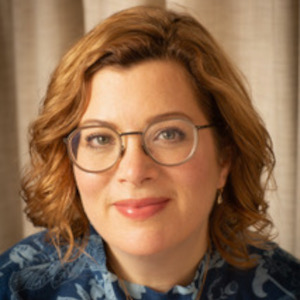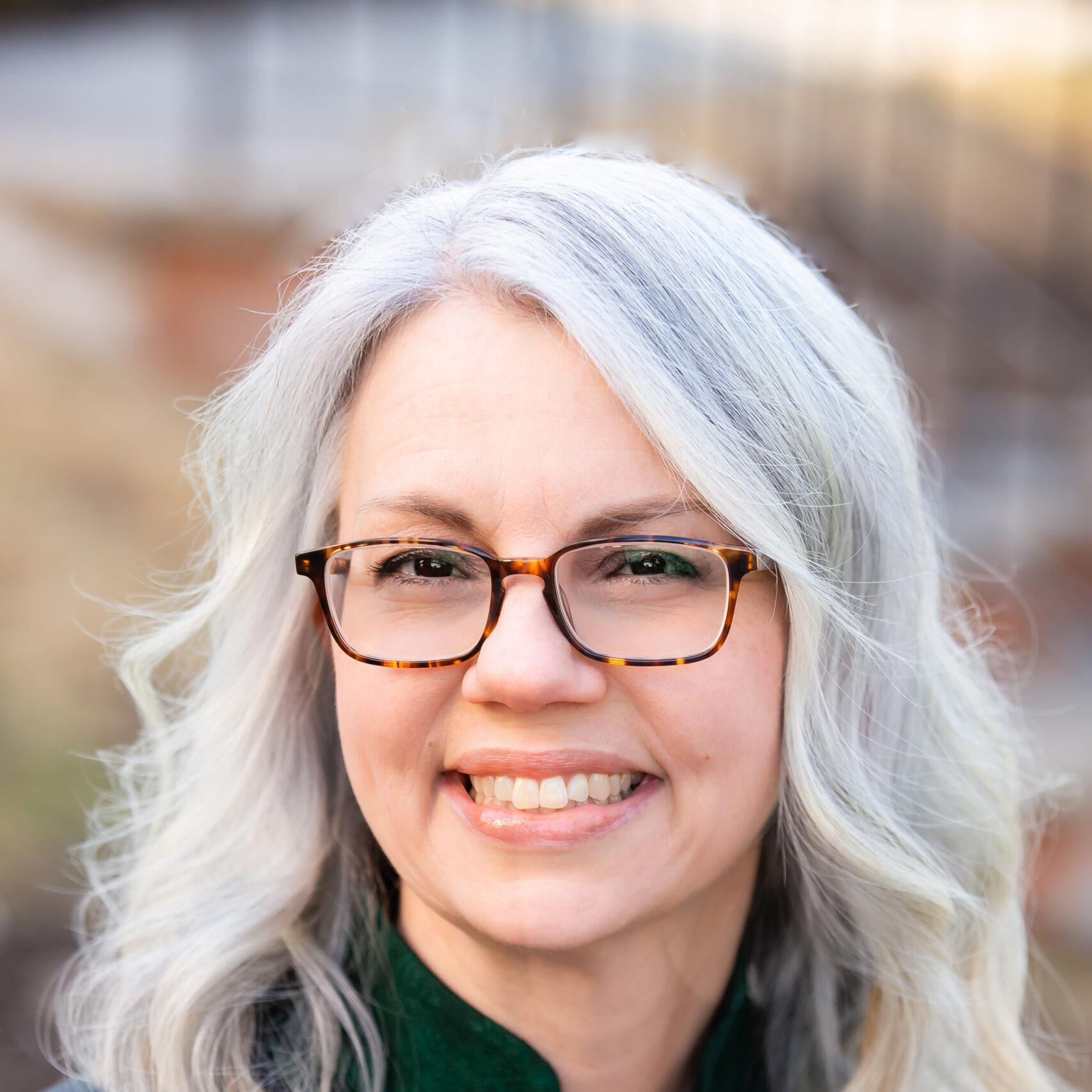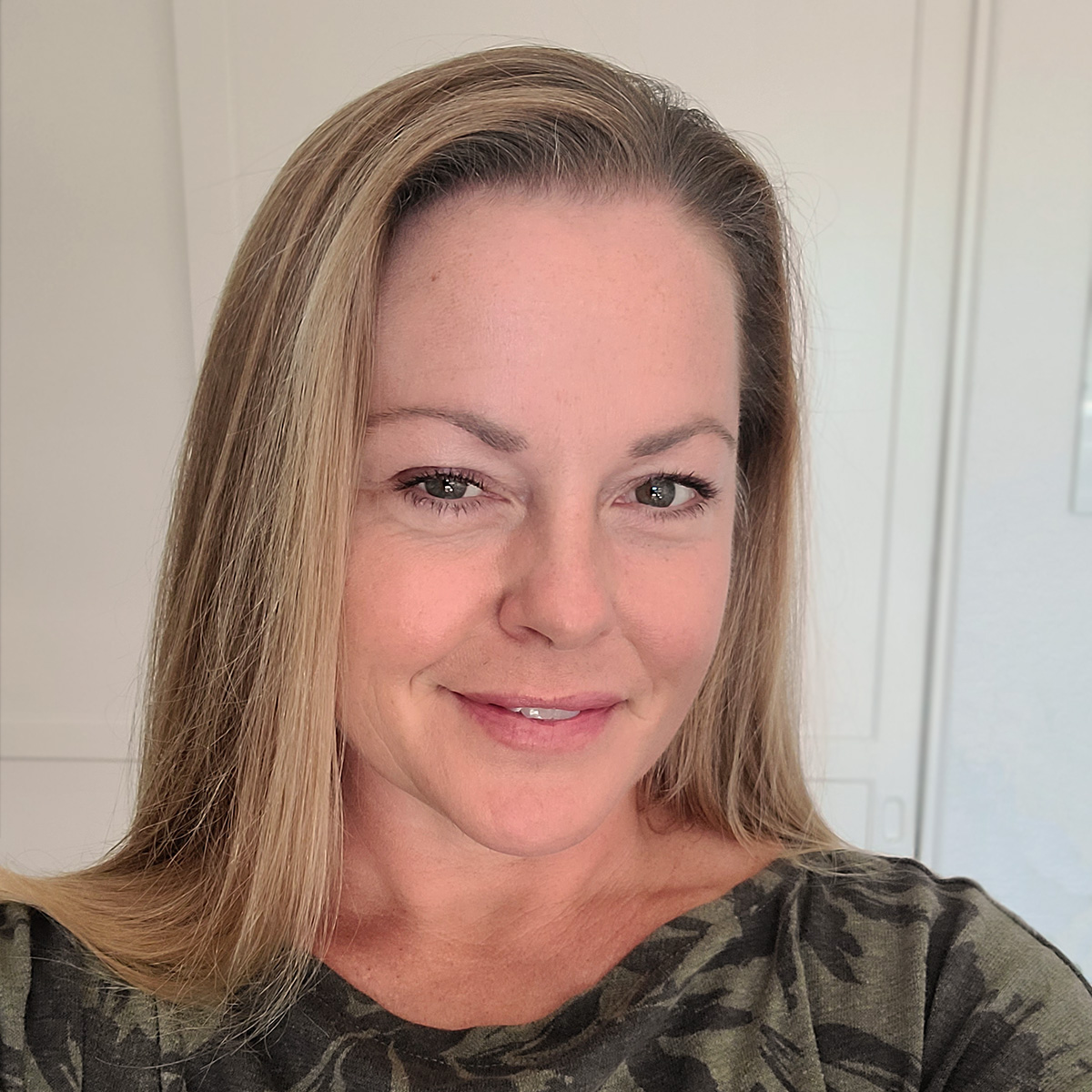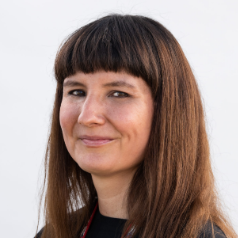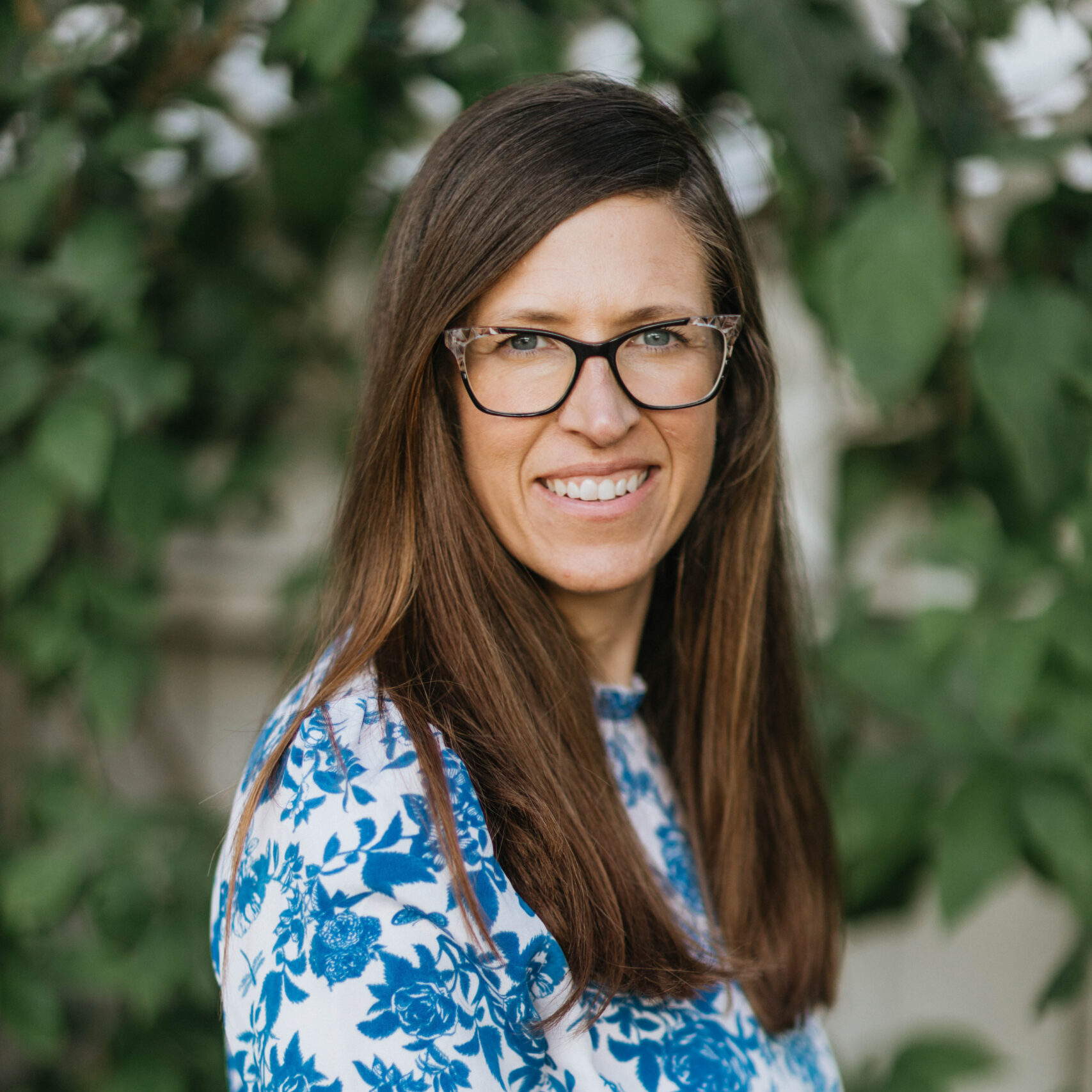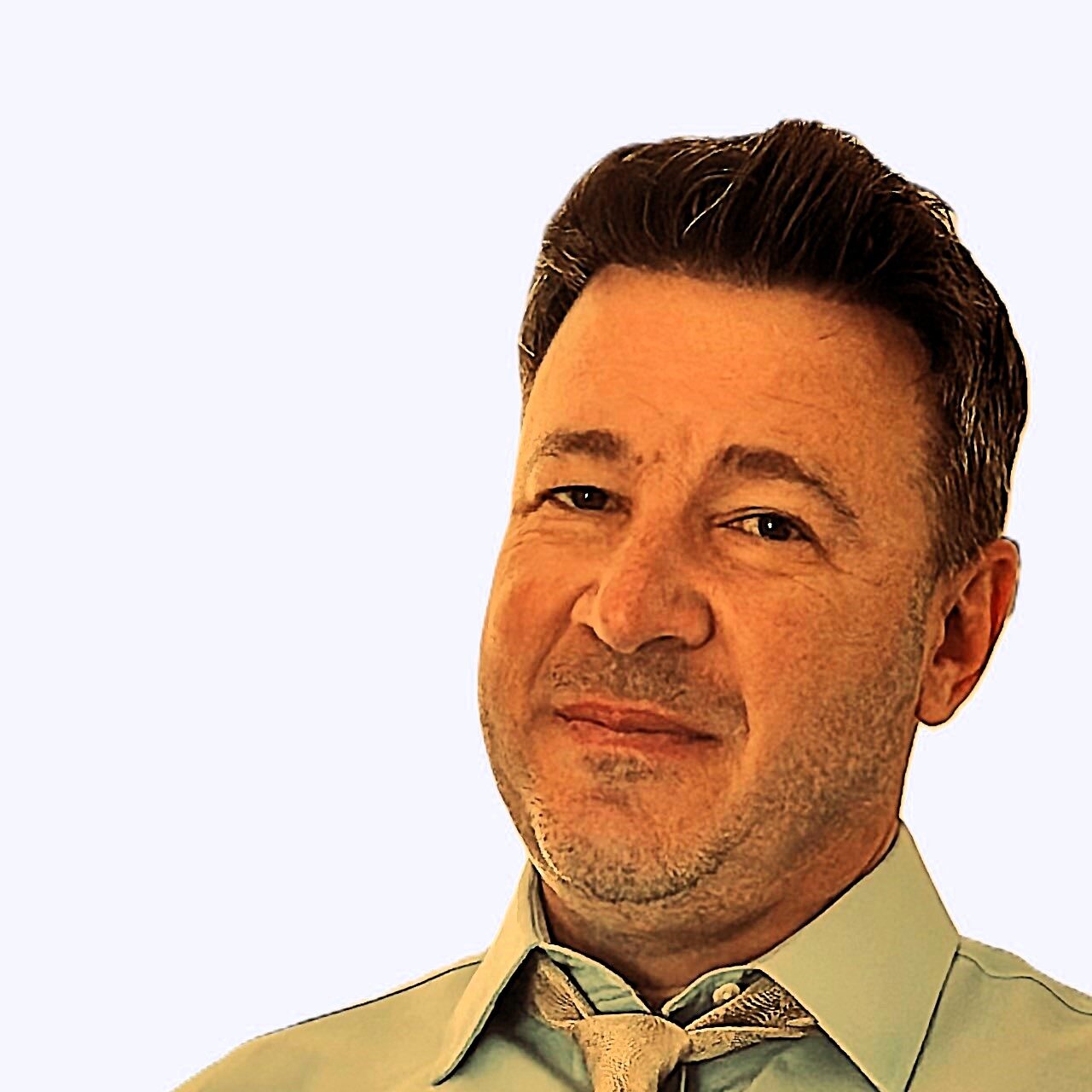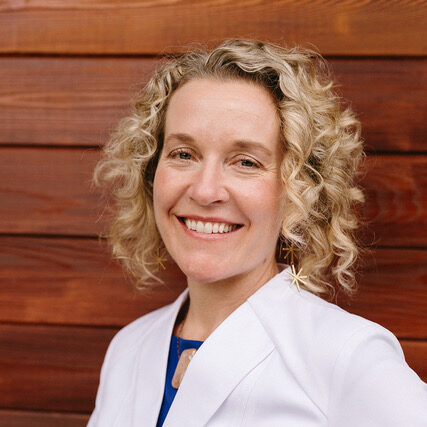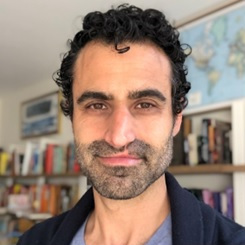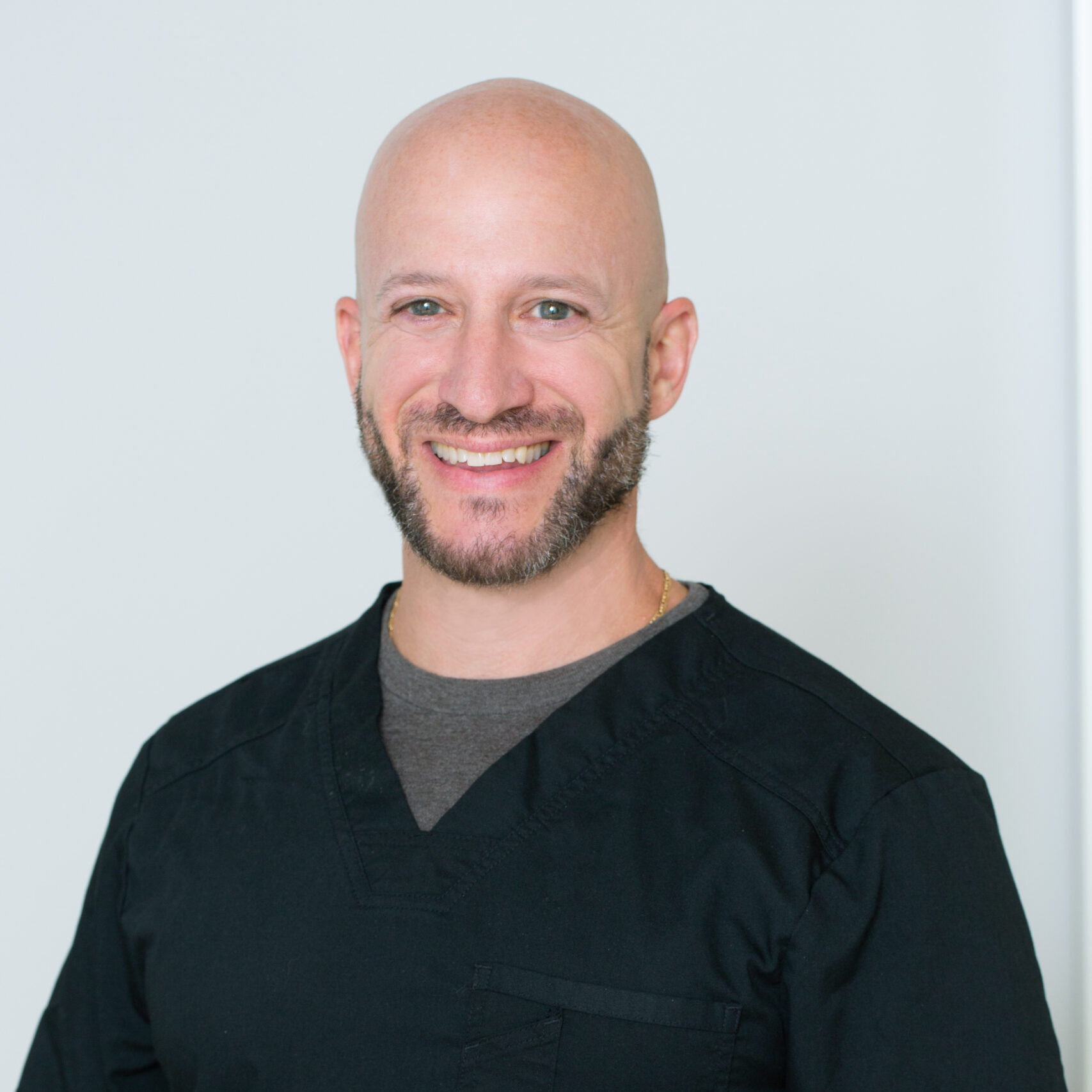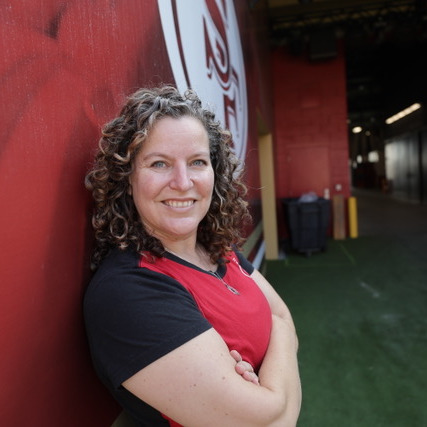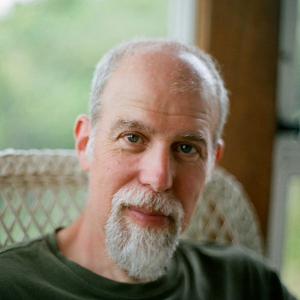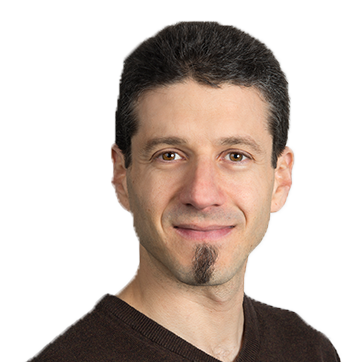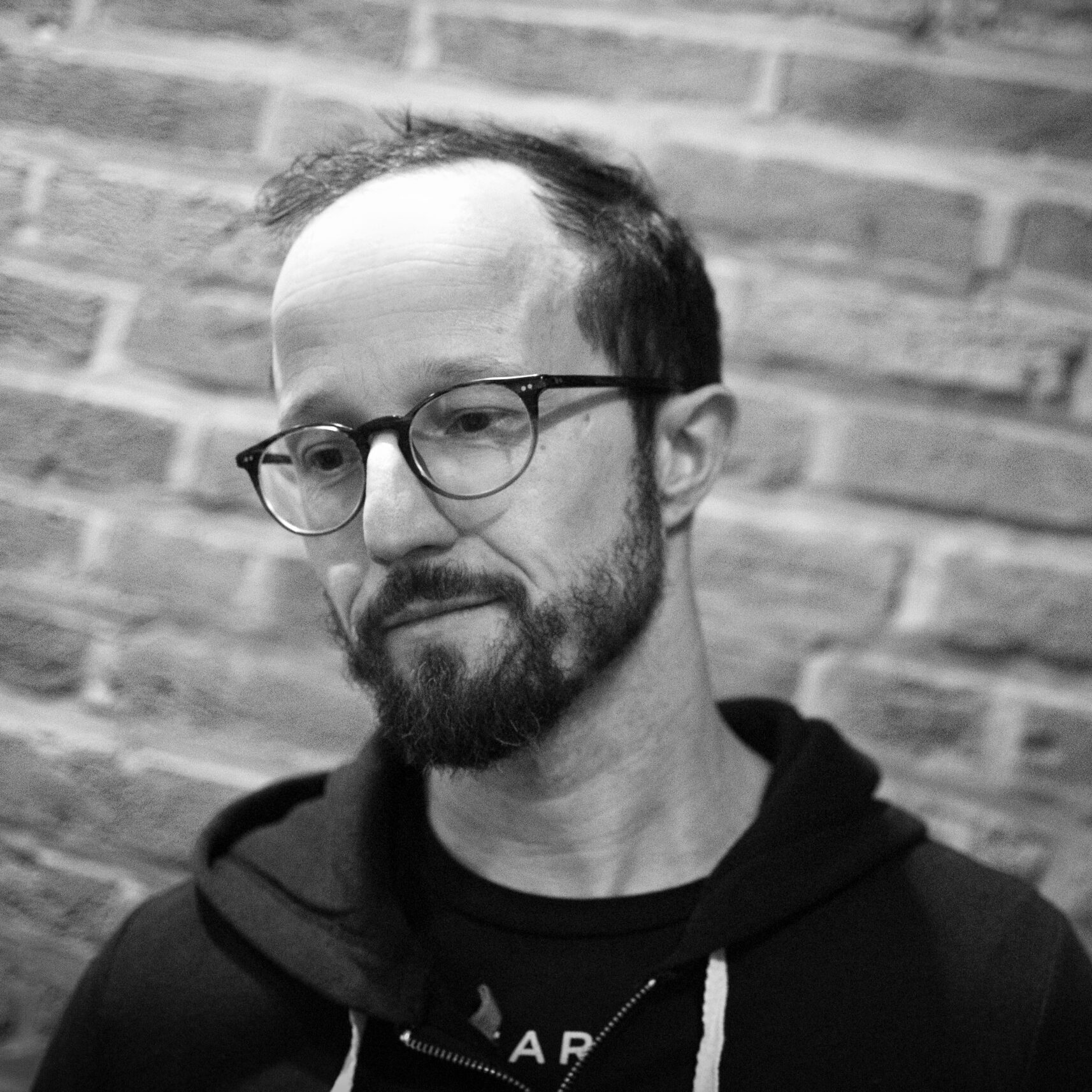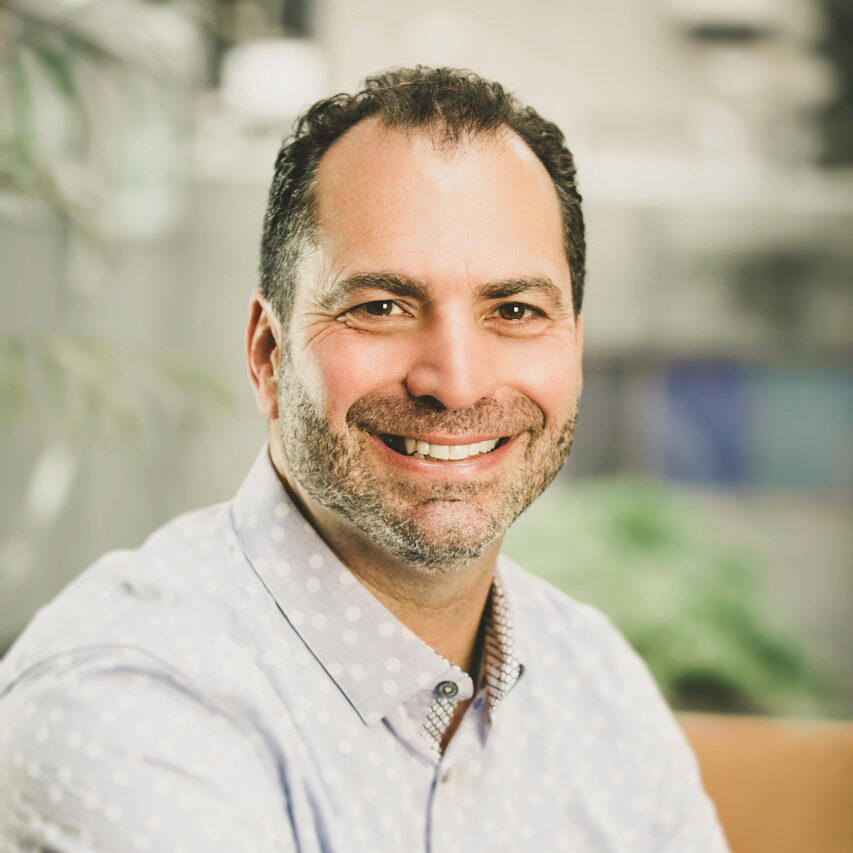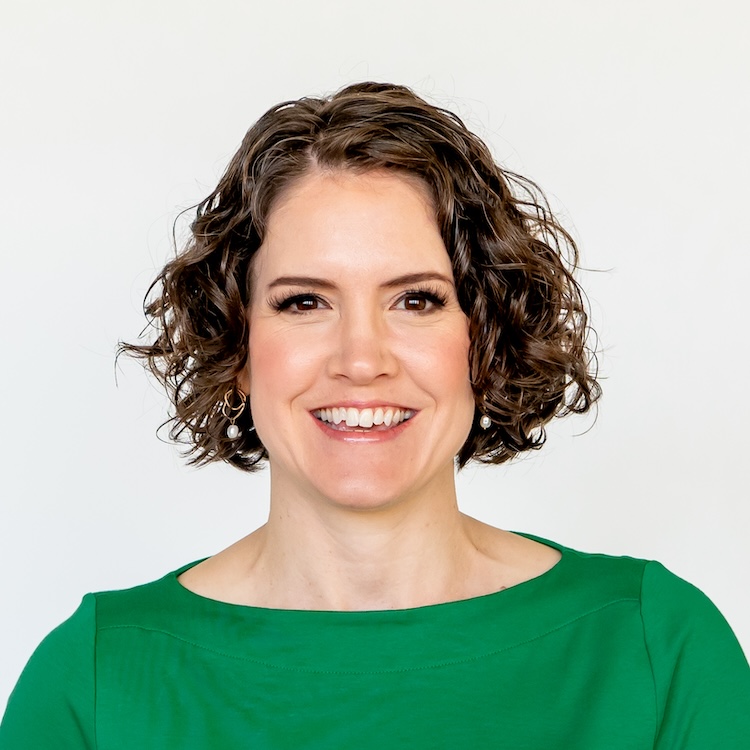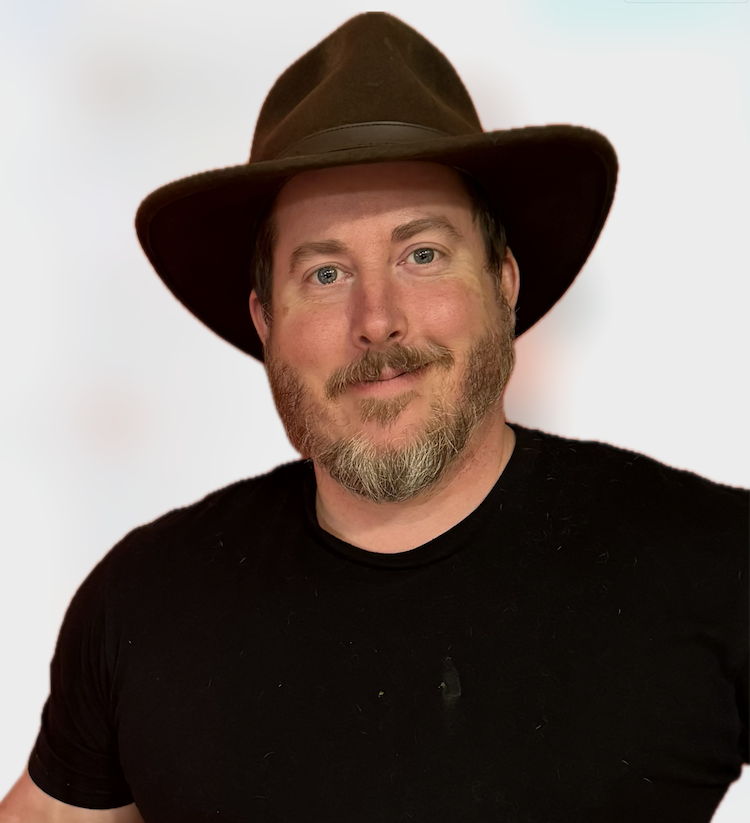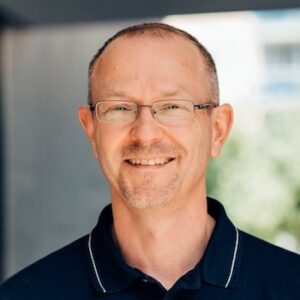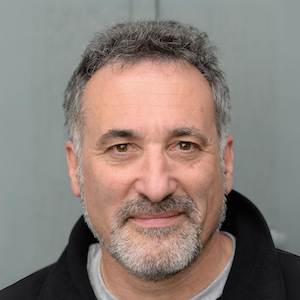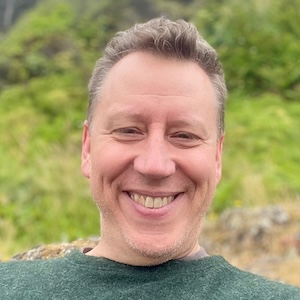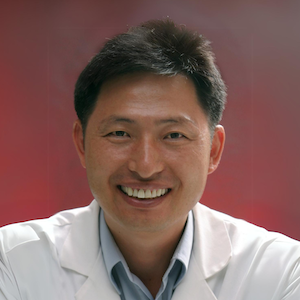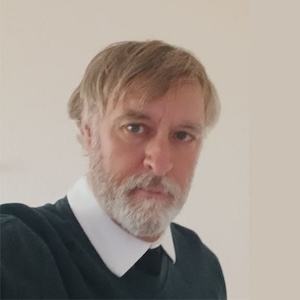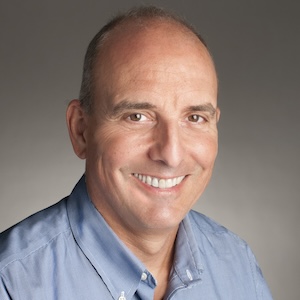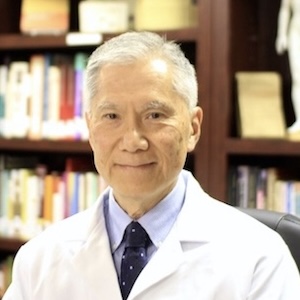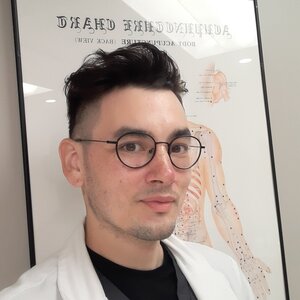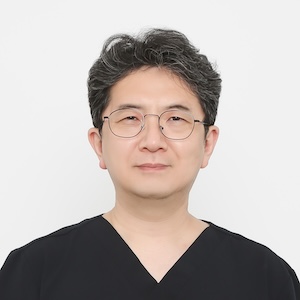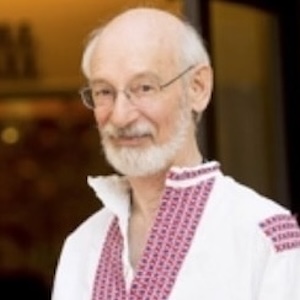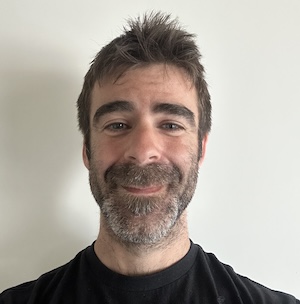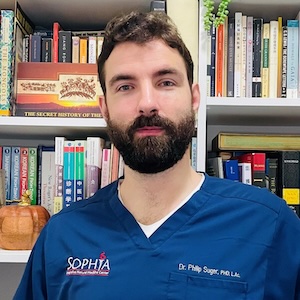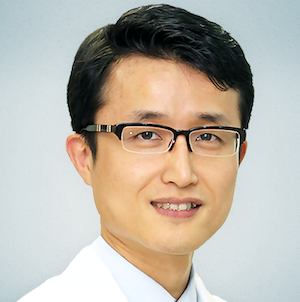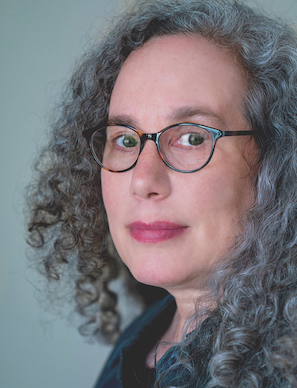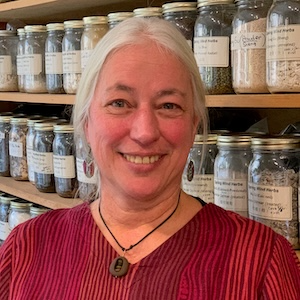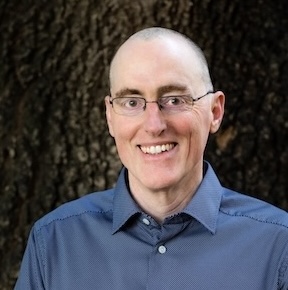Thirty plus years ago, as an acupuncture patient, I found myself puzzling over the question of “Just how does acupuncture work?” That question has been a reliable traveling companion ever since.
Our work requires a lot of “techne’” and it should, there's a lot to know and we as professionals should know it. But clinical work is more than technical knowledge. It’s this other aspect of our work that I particularly seek to investigate on Qiological. In part because it’s not about knowledge, but instead “something else” that does not easily lend itself to teaching. It’s something vital that is learned through our experience of doing this work.
It’s a kind of seasoning. A synthesis of what you know, who you are, and in connection with your patient— how you are.
I’m always curious to know what brought people to doing this work. And even more so— about how the work changes us. With this in mind please enjoy this 400th episode which is an Ask Me Anything conversation with members of the Qiological Community.
In This Conversation We Discuss:
- The art of conversation in acupuncture – How meaningful discussions unfold without a rigid plan
- Guiding questions vs. structured interviews – Letting curiosity lead the way in podcasting and practice
- Saam acupuncture and constitutional patterns – Exploring the deep logic of five phases and six qi
- Balancing technique and intuition – The fine line between structured knowledge and trusting your gut
- The plurality of Chinese medicine – The beauty and challenge of having many voices in the profession
- Mastery vs. presence – Is being a ‘master’ about skill, or about showing up fully?
- The role of ‘de’ (德) in practice – How presence, power, and virtue shape healing
- Navigating doubt in clinical practice – When the ‘obvious’ diagnosis doesn’t quite work
- Considering Overtreatment – Knowing when less is more
- Acupuncture’s ability to awaken the ‘true self’ – Helping patients feel like themselves again
- The unexpected impact of single treatments – When big shifts happen fast
- Learning new techniques without distraction – Finding focus amidst the endless possibilities
- The paradox of being ‘in the zone’ – When skill and intuition merge into effortless action
When people say they are “better,” dig into it by asking how they know they are better. This will give you helpful information as to what has actually changed for them. If they can't specifically tell you how they are better, then they are not.
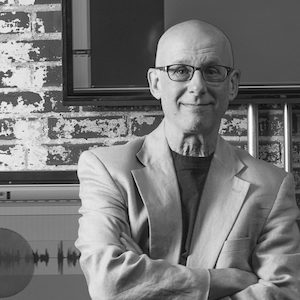 Michael Max, L.Ac
Michael Max, L.Ac
In the 25 years since graduating from acupuncture school I’ve had the great good fortune to practice medicine, study in Taiwan and China, translate a book on herbs and start a podcast. All of these have been the harvest of following a hunch, of hearing a kind of invitation within an opportunity and risking that path of discovery.
All these experiences have taught me there is something powerful about dialogue. It shows up in all aspects of our lives. It’s a way of getting feedback from our environment. I see it as a kind of gift from the Muse, that part of Heaven which is always whispering in our ear as it seeks for an opportunity to be expressed on Earth.
Dialogue has always been a part of Chinese medicine, and conversation allows us to better understand ourselves as we seek to understand others.
Links and Resources
The book that I've gifted the most is The War of Art, by Steven Pressfield. It's the best guide I've found for facing down and working through the challenges of the creative process.
Which running an acupuncture practice most certainly is.
Download a Thematic Summary of this conversation.

